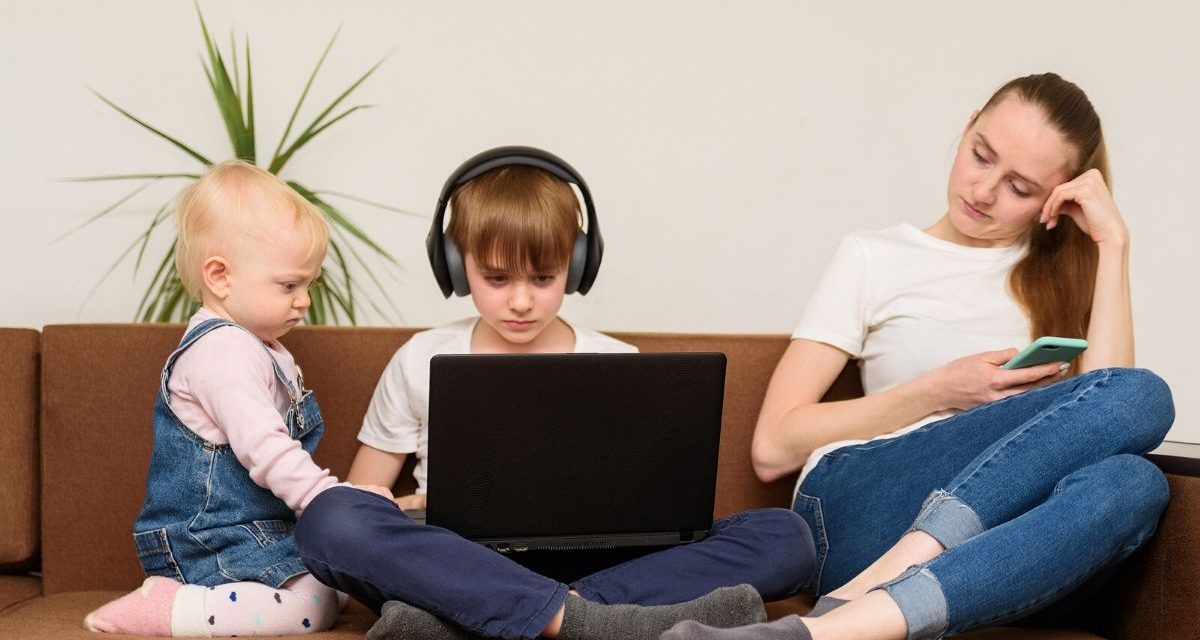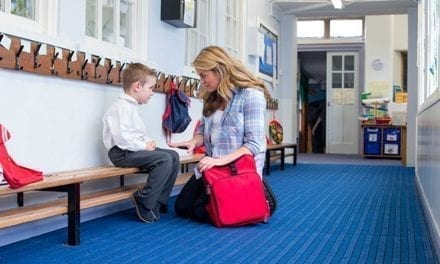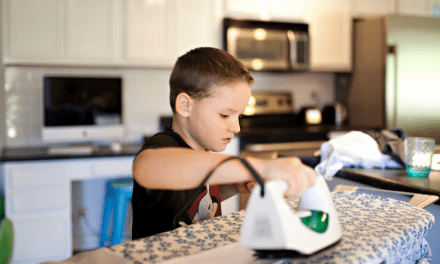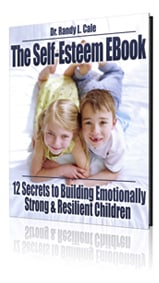Several readers responded to last week’s article, and their questions boiled down to this: “Why are my kids so irresponsible and entitled?”
As you might suspect, that’s a big question but one worthy of discussion. However, it’s quite easy to see how this happens if we examine the trends in parenting. Let’s look at a few of these that play a significant role.
Why Kids Are Irresponsible and Entitled.
1. We teach entitlement when we don’t mean to.
How do we do this? It might be this simple: kids want and kids get.
They grow up, getting everything their way, with no zero effort put forth. They want new Nike’s, they get them. They want a new iPhone, they get it. They want something else for dinner, they get it. They suddenly want a sleepover, they get it. They want mom/dad to fix a problem, they get it.
Almost anything kids ask for…they get. How would they know that effort is required to get these things? The simple answer is: they don’t know this. They are taught (through our actions) that when you want something, you get it just by asking.
If you want entitled kids, just give them everything they ask for…and ask nothing of them.
2. We do not teach the habit of responsibility, although we intend to.
When children are little, we, of course, do everything for them. As soon as they are able, they ‘should do what they can to contribute to their own life, as well as to home, family, and community. Most of us grew up in a world where our parents expected us to contribute in some way to household responsibilities. We took care of our room, helped with the yard, set the table, and did the dishes. Many of us also did some chores for grandparents or volunteered after church with other families.
Taking part in the responsibilities of a home, family, and community was woven into the fabric of our lives. Our parents talked about this a bit, but life was more about action; the doing of the right stuff each day. There simply was no room for choice, as this was required.
We give kids a pass on much of this in our current culture. Instead of helping out around the house, they are playing sports, going to parties, and having play dates with friends. We too often value getting private coaching lessons over an afternoon at the grandparents or helping around the house. It’s not that these child-centered activities are bad, it’s just that balance is required. Especially a balance that encourages habits of responsibility…not for my own self-centered pleasure…but for the benefit of helping and serving my family, my home, and my community.
We must view it as a serious issue if there is no time left for children to take part in responsibilities. I hear these children telling parents, “I don’t do dishes. That’s your job.”
Ouch. Serious issue. (One of many examples that sound similar.)
The most likely way your children learn to take responsibility for their lives is to give them responsibility early in life. You do this in small ways at first and then increase over time. Build this into the daily game plan, and start now, not when school begins.
3. We talk too much and require little action.
We become a world where words substitute for action. We have moved toward placing too much emphasis on the talk, the lecture, and the heart-to-heart discussions with kids. These are important, but the responsibility is about action, not talk. (And yes, most of us model responsibility and hard work. That’s not typically the problem.)
I find many parents ‘talk a good game.’ We emphasize the importance of responsibility, but simply do little to require responsible action. It is the action that matters. It is the daily practice of responsibility that becomes ingrained in our children. Please remember this: talking or lecturing will simply not do it.
Can they get it in other ways? Perhaps. But if we want to take the path with the most likely outcome of having a responsible child, then we must build these habits into daily practice.
In next week’s article, I will discuss the ‘how to do it’ piece. For now, notice where you can talk less, require more, and balance life; with perhaps less concern about your kids being ‘happy’ in every moment and more focus on small ways to contribute to the home, family, and community.















